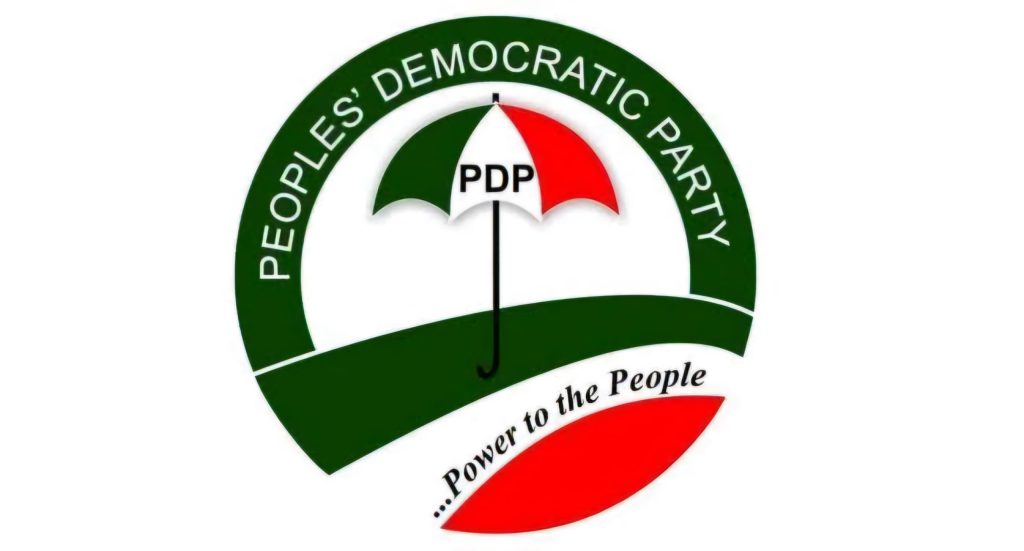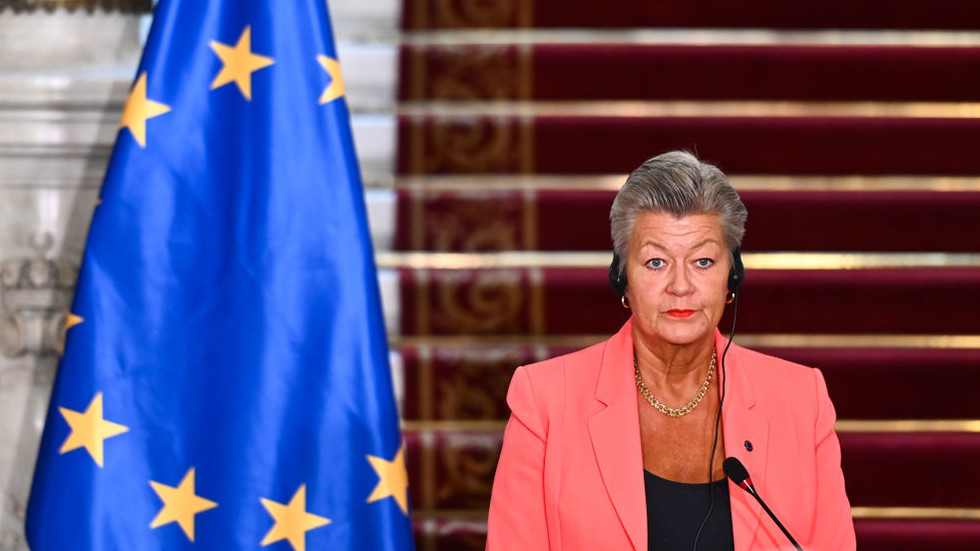In a surprise move, the White House has officially joined Chinese-owned social media platform TikTok, despite President Trump’s plans to ban the app in less than a month. This development raises questions about the administration’s stance on data protection and national security.
The launch of the @WhiteHouse account comes as a 2024 data protection law required TikTok’s parent company, ByteDance, to sell off its US operations or cease operations by January 19 this year. However, President Trump has repeatedly extended the deadline, first to April, then to June 19, and most recently to September 17.
The @WhiteHouse account has quickly gained popularity, amassing over 80,000 followers since its launch on Tuesday. The account’s inaugural post features a short video montage of President Trump captioned “America we are BACK! What’s up TikTok?” This move is seen as a bid to tap into the platform’s vast user base, particularly among younger demographics.
However, this decision seems to contradict President Trump’s previous stance on TikTok. In 2020, he signed an executive order labeling the app’s spread a “national emergency” and imposing widespread sanctions. Trump cited concerns over the app’s data collection practices, which he claimed could allow the Chinese Communist Party access to Americans’ personal and proprietary information.
Additionally, Trump has criticized TikTok’s alleged censorship of content related to protests in Hong Kong and China’s treatment of Uyghurs and other Muslim minorities. Despite these concerns, the White House appears to be embracing the platform, with Press Secretary Karoline Leavitt stating that “President Trump’s message dominated TikTok during his presidential campaign, and we’re excited to build upon those successes and communicate in a way no other administration has before.”
Notably, President Trump’s personal TikTok account, @realdonaldtrump, has been active since June 2024 and boasts over 15 million followers. The administration’s decision to join the platform may be seen as an attempt to capitalize on Trump’s existing popularity on the app.
As the September 17 deadline for TikTok’s potential ban approaches, the White House’s decision to join the platform raises questions about the administration’s priorities and its stance on data protection and national security. Will the White House’s presence on TikTok be seen as a tacit endorsement of the app, or will it be used as a tool to promote the administration’s agenda? Only time will tell.


